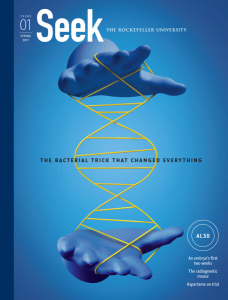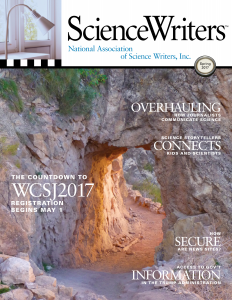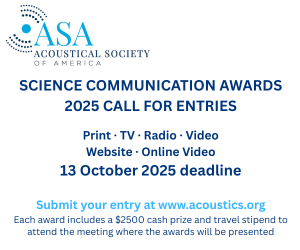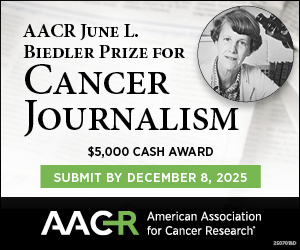In March, the Rockefeller University launched Seek, a new research magazine with freelance opportunities for science writers (additional info further down).
Rockefeller is a biomedical research university well known and highly respected within the bioscience community, but with limited visibility outside of it. Founded in 1901, the university has a storied history, and many of its communications have traditionally relied on stories of past accomplishments and prestigious awards.
This picture, however, can overshadow Rockefeller as it exists today: A cutting-edge research university with modern, state-of-the-art laboratories, young, energetic scientists, and a culture that encourages the pursuit of high-risk, high-reward projects.
The editorial focus of Seek is on high-impact research findings, but also on the individuals, ideas, and conversations that ignite discovery. Although the role of a university's research magazine is to promote its research program, Seek aims also to contribute to larger conversations — about the power of biomedicine, the ethical implications of discovery, and the role of science in society, for instance — in a meaningful way.
In the 1990s, Rockefeller had a research magazine called Search, which was discontinued when a new administration decided to prioritize other communications projects. The choice of Seek as the new magazine's name is to honor its predecessor, and also to update it. We felt the word "search" represented a 20th century approach to science — observation and methodological probing as routes to discovery — while "seek" evokes a more targeted, purposeful paradigm that is defining today's data-driven science.
The need for Seek arose out of a communications audit conducted in 2014, and it turned out to be a relatively easy sell to Rockefeller's executives, who saw Seek as a way to help cement a leadership role for Rockefeller in the modern bioscience ecosystem. The magazine is sent to donors, alumni, scientific colleagues, and policymakers at the city, state, and national level. It is also distributed internally and used as a student, staff, and faculty recruitment tool. It is published in print twice a year, spring and fall, and a magazine website is under development.The inaugural issue of Seek features articles on a recent increase in tornado clusters; the 50th anniversary of the discovery of methadone; visualizing human embryos in the first two weeks of life; a clinical trial to better understand if artificial sweeteners alter metabolism; and much more.
Seek relies heavily on freelance science writers. NASW members who are interested in writing for Seek should have robust experience writing for popular and/or institutional magazines, and should be comfortable with highly technical material. Send your inquiries or ideas to managing editor Eva Kiesler at ekiesler@rockefeller.edu.
Zachary Veilleux is editor in chief of Seek magazine.
(NASW members can read the rest of the Spring 2017 ScienceWriters by logging into the members area.) Free sample issue. How to join NASW.




